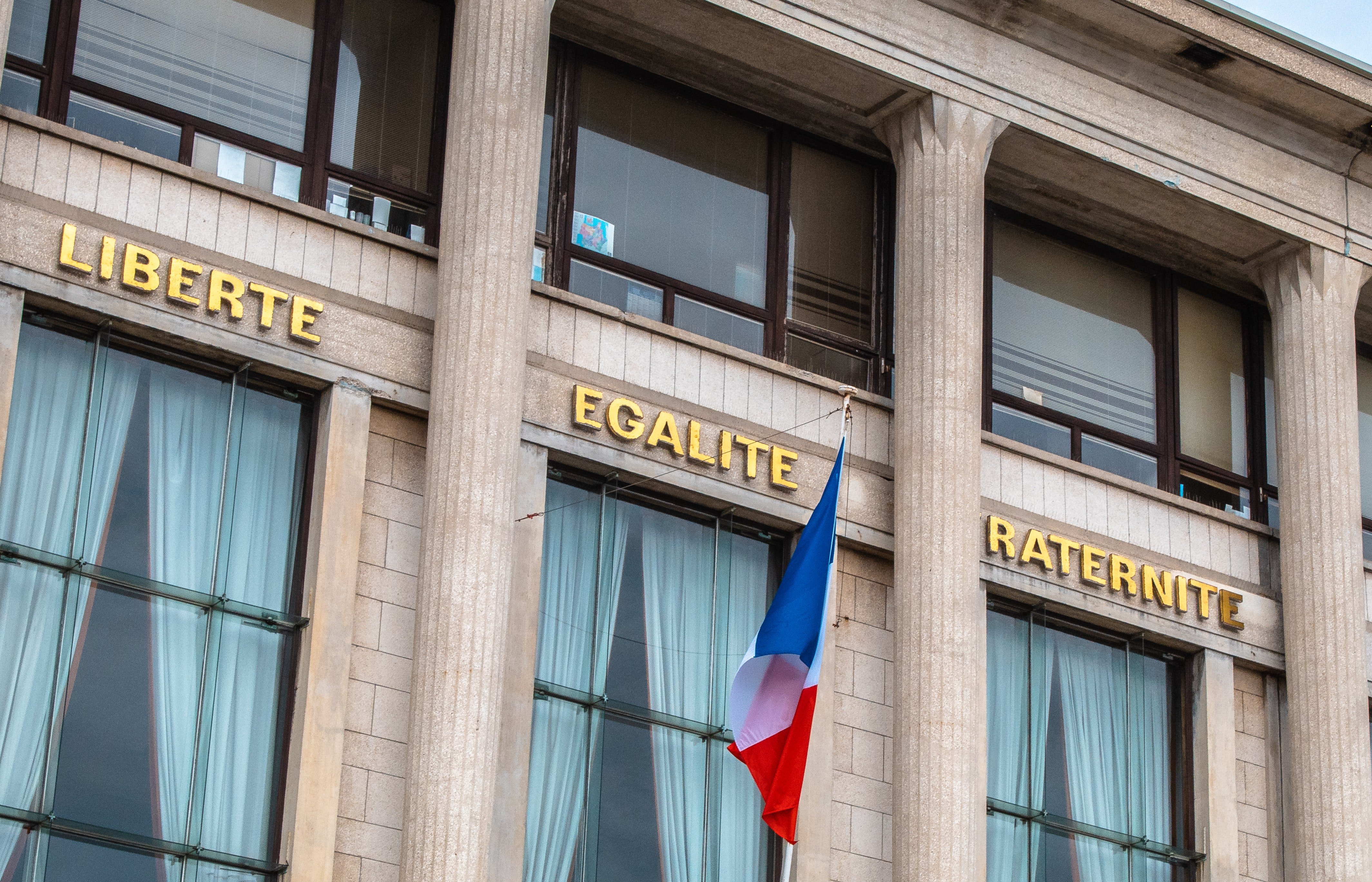The French Constitutional Court has overturned two central articles of the new law that protects and promotes the country's minoritized regional languages, such as Catalan, Basque, Corsican and Breton. This law, known as the Molac law, after the Breton MP who promoted it, Paul Molac, was passed on April 8th in the French National Assembly by 247 votes in favour and 76 against.
Following the proposal's passage into law, a total of 60 French deputies, all from president Emmanuel Macron's party took an appeal against the innovative law to the Constitutional Court in Paris.

Now, this institution has ruled as unconstitutional the new law's Article 4, which includes the possibility of language immersion in schools in the so-called regional languages, and Article 9, which allows people to spell their names and surnames using forms that do not exist in French.
It was precisely this last question which reached the media in 2018 after a court ruled in favour of the parents of a child named Fañch and allowed them to use the non-French spelling 'ñ' in their son's name. The court ruled that the 'ñ' is also French, because it is widely used in Breton. When the couple had their baby, on May 11th, 2017, a Civil Registry official refused to register the child with the name they had chosen, arguing that "this letter does not exist in the French alphabet."
"The language of the Republic is French"
The Constitutional Court states that the two articles it considers unconstitutional contradict Article 2 of the French constitution, which states that "the language of the Republic is French."
On the other hand, the court admits that article 75.1 of the constitution states that “regional languages are part of France’s heritage”, but makes it clear that the protection of these languages must always be subject to article 2, mentioned above.
Protest in Perpinyà
When the sixty French deputies opposed to the new law appealed it to the Constitutional Court, proponents of linguistic diversity in Northern Catalonia responded by calling a demonstration, which is to held on Saturday, May 29th, in Perpinyà's Plaça Catalunya. The overturning of the two articles of the law is expected to add momentum and resonance to the protest.

The law
The law, which justifies itself based on the existence of a linguistic heritage in France that includes French and other regional languages, including Catalan, proposes to promote multilingualism and protect minoritized languages by offering them in public schools, opening the door to linguistic immersion in regional languages for those who want it, as well as implementing initiatives such as bilingual signage. It should be noted that the Emmanuel Macron government was opposed to the legislation.
Main photo: The French tricolor flag / Unsplash - ALEXANDRE LALLEMAND

